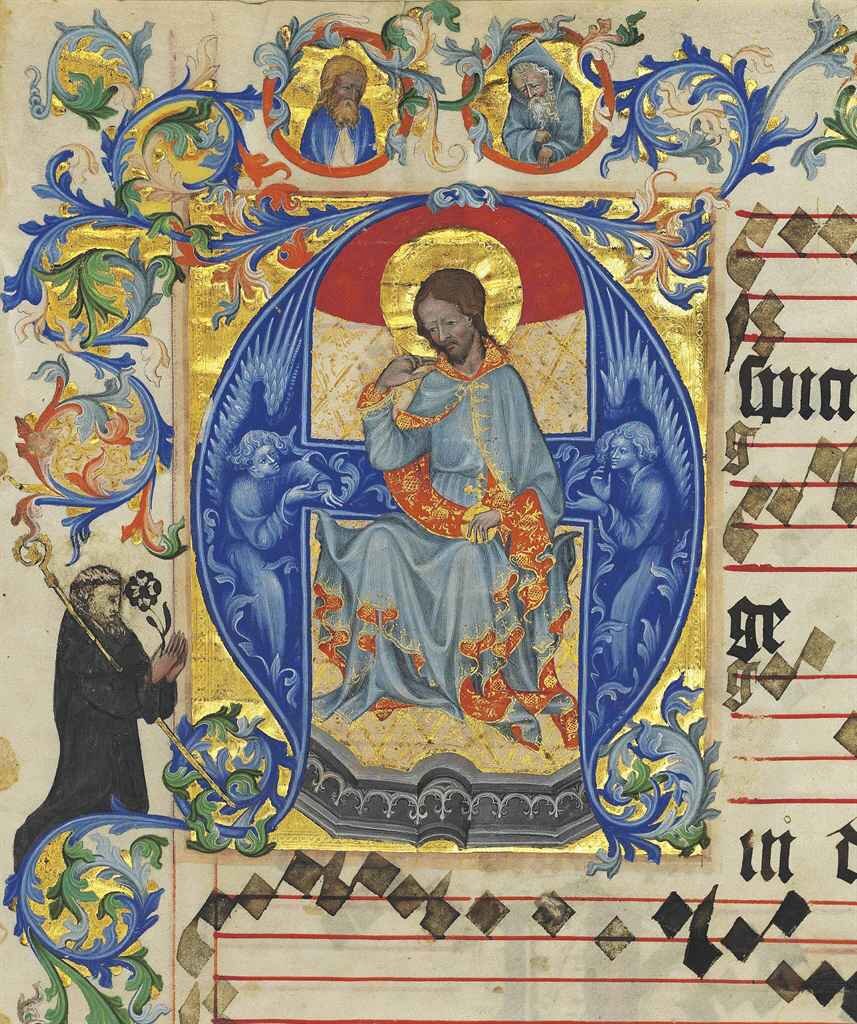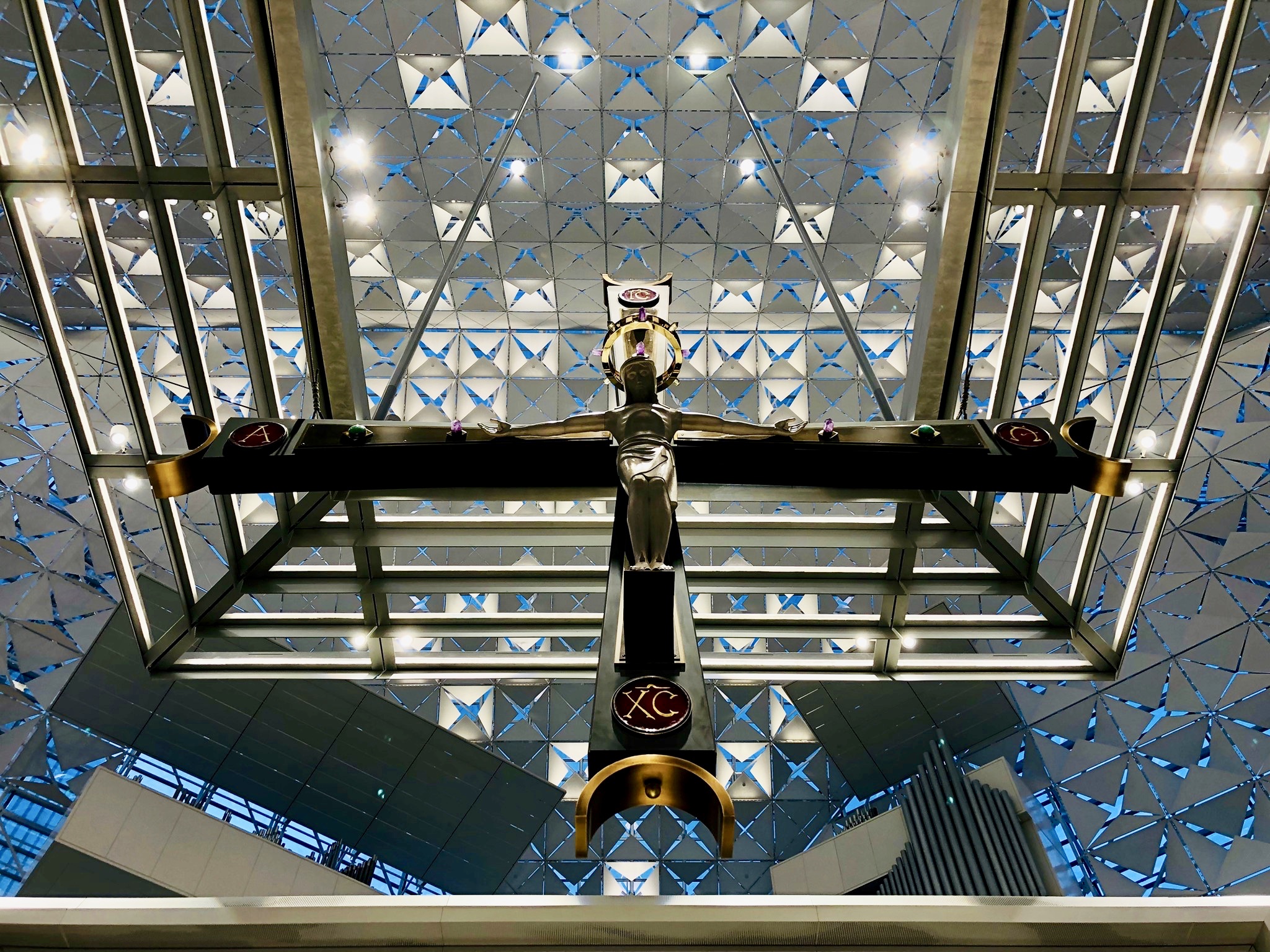We human beings crave orderliness, stability and predictability. That’s why many of us spend so much time trying to organize things. It’s why we study history and economics - we’re looking for patterns of predictability. It’s why we pass laws - to build some order into our lives. It’s also why some of us withdraw from life, while others become manipulative and controlling. Disorder frightens us, surprises and scares us.
There was a time, not so long ago, when we thought our scholars and scientists would soon be able to predict and therefore control just about everything. And we’d be able to make neat little rules and procedures for making the world perform exactly as we’d like. But we’ve learned that life is more complicated than we thought. We’re coming to realize that weather forecasters will never be able to predict the weather perfectly, economists will never be able to tell us what we really want to know, and, no rules or procedures, however carefully drafted, will ever suffice for all occasions.
It is our destiny to dwell in a land of surprises, in which new challenges and new opportunities await us around every bend in the road. In the absence of an all-purpose rule book or a comprehensive owner’s manual, how shall we ever know how to respond? Today’s gospel tells us.
Joseph is betrothed to a beautiful young girl, who is living with her parents till he can raise the dowry. She drops by his carpenter shop.
His face brightens when he sees his lovely bride, and then she drops the bomb, she’s pregnant...by the Holy Spirit!? He’s devastated. He goes numb, and cannot speak. She leaves crying. As the hours pass, he slowly turns it over and over in his heart. He knows what the rules say: denounce her to the authorities and assist in stoning her to death in front of her parents’ house - what a tragedy that would have been for us.
But even in his hurt, his heart won’t let him blindly follow that harsh rule...Perhaps he should just divorce her quietly...Still he doesn’t act. He prays some more. And in the middle of the night, the Spirit who
dwells in our hearts shows him the way, “Don’t be afraid to take Mary as your wife.” So with a peaceful heart Joseph puts aside his fears and takes Mary into his house.
On that day of terrible surprise, shock, and pain, a day that Joseph could never have imagined in his wildest nightmares, something very powerful enabled him to reach beyond the narrow, programmed response dictated by his upbringing. What was it? It was the habits of his heart - a lifetime habit of walking with the Lord and listening to the Lord who always helps us see life afresh - with new eyes - even the midst of what may appear so crushing or devastating.
Out of those habits of the heart came Joseph’s ability and willingness in a moment of surprise to look past the rules to the person of Mary and to act with compassion, forgetting his fears and his doubts, forgetting all else but the person. In doing that, he acted like God himself.
My brothers and sisters there will never be an end to life’s surprises, and no rules or easy axioms will ever fully prepare us for them. Only those hearts whose habits are gracious and compassionate and whose traveling companion is the Lord will be ready for life’s surprises. And their deeds will mirror the face of God.
And so we pray: Lord, grant us great hearts and let us walk with you always!














